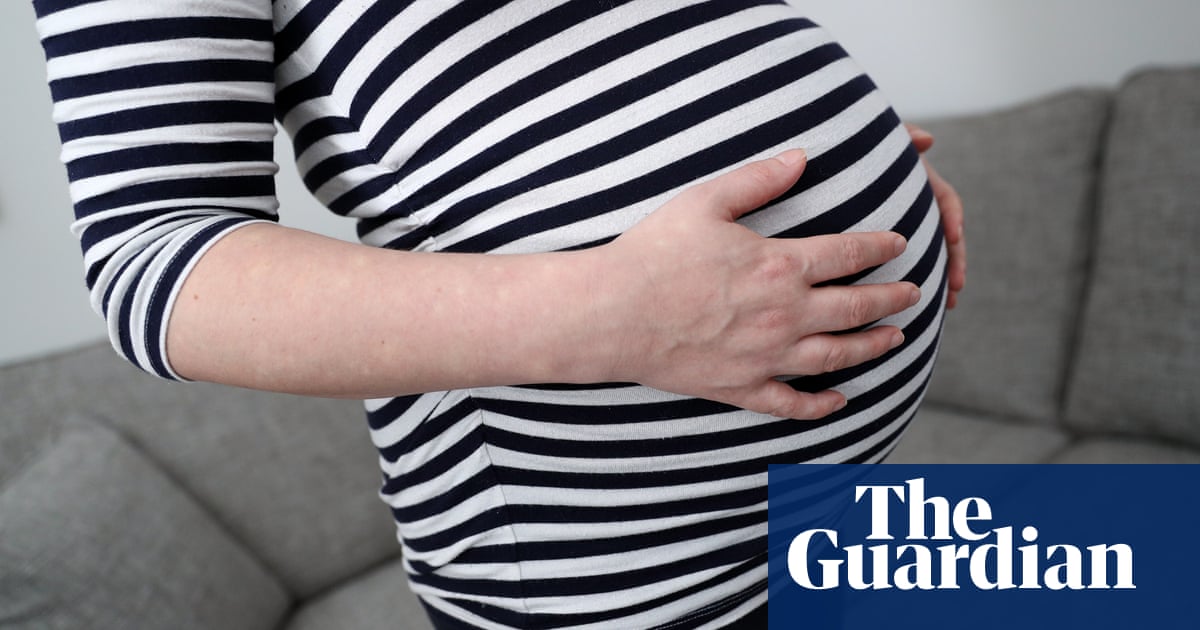Almost three-quarters of people going by way of fertility remedy within the UK are using “unproven extras” to boost their prospects of getting a toddler, regardless of little proof that they perform.
The searchings for, from the UK’s fertility guard canine, recommend that relating to 40,000 people a yr aspiring to develop are investing money on acupuncture, dietary supplements and drugs, though they’re largely unverified.
The Human Fertilisation and Embryology Authority (HFEA) supplied the care in its most up-to-date yearly nationwide shopper examine, which information people’ experiences of NHS and private fertility therapy.
Overall, 73% of people are using on the very least one added examination, remedy or arising trendy expertise when going by way of IVF or contributor insemination remedy, the examine of 1,500 people revealed.
Extra therapies can set you again as a lot as ₤ 1,500, although some– reminiscent of mineral and vitamin dietary supplements– are extra economical nonetheless can nonetheless set you again ₤ 25 for one month’ provide.
The regulatory authority has really been making an attempt as a result of 2017 to lower utilizing such further therapies “since almost all remain unproven in increasing the chance of having a baby for most patients”.
More than fifty p.c (52%) of people that selected to spend for what the HFEA calls an “unproven extra” did so after going over with their medical skilled simply how environment friendly it was more than likely to be. Even way more (59%) went on primarily based upon their facility’s suggestion, the HFEA found.
The regulatory authority articulated situation relating to the truth that “only 37% of patients said their clinics explained the risks of using an additional test, treatment or emerging technology”.
“It’s disappointing to see a significant number of patients are still using add-ons and emerging technologies, and particularly disappointing that only half of patients had the effectiveness explained to them, let alone the risks”, acknowledged Julia Chain, the HFEA’s chair.
The most typically made use of further (39%) was added drugs or dietary supplements. Supplements consisted of coenzyme Q10, an anti-oxidant generated usually by the physique, moreover found in meat, fish and nuts, which diminishes with growing older. Some people state that using it will probably enhance the high-quality of the egg.
Acupuncture (27%) was the 2nd most most popular further, adhered to by time-lapse imaging and incubation (26%). About 7% of people made use of dietary therapy, dietary consultants and food regimen professionals.
About 55,500 people within the UK had fertility remedy in 2022, the present yr for which numbers are available. The large bulk– 52,500– had IVF and three,000 had contributor insemination.
The way more cycles of remedy a person has really had, the likelier they’re to have really made use of an add-on. While 86% of people who had really had 5 cycles made use of an add-on, 62% of people who undertook one cycle did so.
Use of endometrial damaging, by which the mobile lining of the womb is “scratched” previous to the embryo is dental implanted, has really decreased over the previous few years.
However, use pre-implantation hereditary screening for aneuploidy (PGT-A), whereby embryos are regarded for chromosomal irregularities, has really boosted, “despite there being insufficient evidence of its effectiveness at improving treatment outcomes”, the HFEA acknowledged. It is most made use of by people aged 40-42 and by these residing in London.
The HFEA routinely advises services to offer people a transparent idea of the expense related to any type of remedy add-on and simply how more than likely it was to boost their prospects of success. “We will continue to remind clinics about improving clarity and communication for patients”, Chain included.
The guard canine moreover divulged that:
-
Some people are encountering progressively prolonged waits for therapy, of as a lot as 2 years, particularly for NHS fertility remedy.
-
51% of people that made use of contributor sperm obtained it from overseas, the place insurance policies on the optimum number of households that may be developed by one contributor are looser than within the UK.
-
While 73% of people are happy with their fertility remedy, Asian and black people are a lot much less more than likely to be happy.
The Department of Health and Social Care acknowledged: “It is unacceptable fertility patients are being offered unnecessary treatments that will not help them in their goal of becoming parents. We are working to improve access to NHS fertility services for all who need it. We are also currently considering advice from the HFEA about priorities for law reform covering their regulatory powers, including their potential role in digital clinics.”




